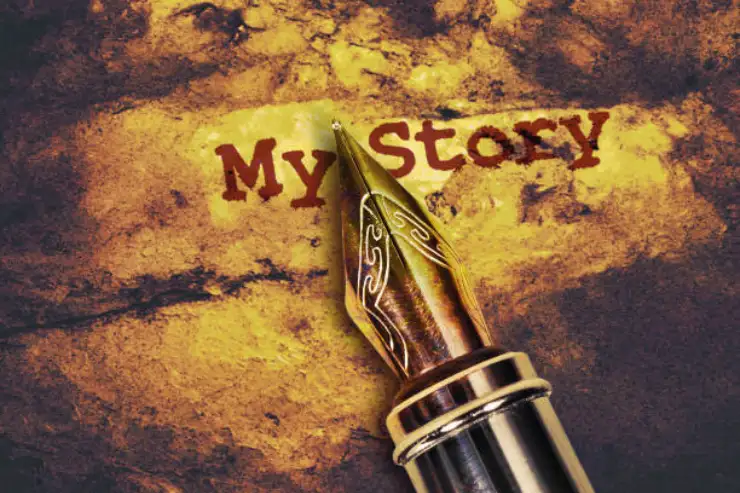Biography writing is a unique form of writing, which includes the elements of both fictions (storytelling) and non-fiction (facts). As the term implies, Biography writing involves writing about a person who is either still alive or recently passed away. A biography is a type of writing that describes a specific person’s life. It might seem like an easy task to write a biography, but when you sit down in front of your computer, you will realize how hard it is. A person’s life is a long story, and it’s tough to make a readable biography out of it.
What are the components of a biography, and what constitutes a biography? This blog will explore all the elements of a biography.
Table of Content
• Interview others who knew the Person
• Organize your Biography
• In your Biography, Study your Subject’s Life in the times that Shaped their Personality
• Keep a Timeline of Pertinent Events in your Biography
Learn about the Person’s Childhood
Find out when and where the person was born. This information can be found in birth records, hospital records or newspaper announcements of the birth. You may also want to find out the names and occupations of the person’s parents.
Research Schooling:
Look through school yearbooks, newspaper articles, graduation programs and old report cards. These sources will provide insight into the academic achievements of your subject. If your subject attended a prestigious school, went to college or entered a professional program after high school, you should mention this in writing a biography.
Determine Career History:
Find out when your subject started working and what jobs he has held during his life. If the person worked for a prestigious company or received any awards for his work, this would be important information to include in your biography as well. The same holds true if he held a government office position or served in the military
Identify Points of Interest:
Write down a list of major points in your subject’s life that you think will make an interesting story. These can include famous friends, major accomplishments or even scandals that were part of your subject’s life.
Interview others who knew the Person
If the person is still alive and you want to interview them, great! But don’t stop there.
1. Talk with people who knew the person before they were famous, or maybe those who met them during an important period in their life.
2. Many people have interesting stories to tell, and they may be more willing to offer information than the person you’re researching.
3. Especially if that person is someone famous.
Organize your Biography
1. Begin with the basic facts including birth and death dates, where the person lived, the names of the parents and spouse. This is a great starting point.
2. Think about how to organize the information in chronological order.
3. You can divide your biography writing into sections and then add details to each section, or you can write a narrative that flows like a story and includes all of the relevant information.
4. Place important events in historical context. Your subject’s story is unique, but it is also part of a larger history. Many biographies include an introduction that explains important historical events. If your subject was born during World War II, for example, you might explain how this time period influenced his life.
5. Consider what made your subject famous. Once you’ve laid out the basic facts, consider what made him stand out from other people who lived at the same time. Why are people still interested in her story?
In your Biography, Study your Subject’s Life in the times that Shaped their Personality
The crucial step in writing a biography is to do the research.
This involves learning about the person’s life and finding out what makes them a noteworthy subject.
1. Readers want to hear about someone who has impacted society or some aspect of it, whether it’s politics, music, film, or something else entirely.
2. Study your subject’s life, especially the times that shaped their personality.
3. Are they a product of their times? Do they have any unique traits that changed how people see things or live their lives? What were they like as a child? What made them become interested in whatever field they occupy?
Keep a Timeline of Pertinent Events in your Biography
You should have a general idea of the major events of the person you are writing about, but you can’t write a biography without digging deeper. A child’s birth is often a significant event in the subject’s life, but their childhood is also important and may be full of interesting stories.
Other significant events include graduation from high school or college, marriage, and recognition for work. If your subject is still alive, consider asking them about significant events in their lives. You can also ask family members and friends who know the subject well for specific stories and anecdotes that might help you understand your subject better.
The real thing is that it is manifold and not limited to just one or two; it depends on the motivation, what the student needs for some reason and there are many ways of writing a biography writing services – every time a student writes a biography it should be unique and used only for that specific reason.




